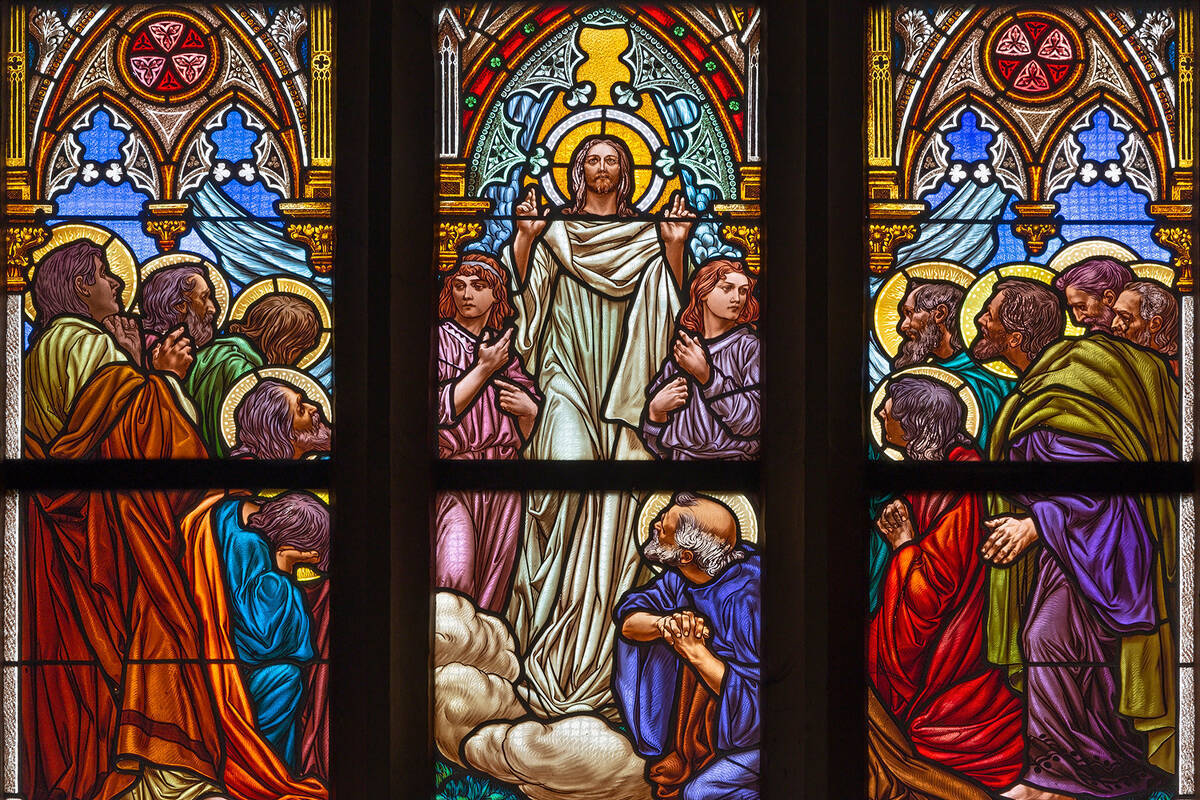
Why Systematic Theology at Trinity Evangelical Divinity School Should Matter to You
Systematic theology (ST to its friends) is faith thinking hard yet joyfully about what the Gospel means. It explores how truths about God and humanity, sin and salvation, Christ and the Church fit together and considers how best to express the meaning and truth of the Gospel in ways that people today can understand. Systematic theology is about everything—not everything about everything, but everything in relation to God and the Gospel of God.
A Biblical Approach to Learning and Loving God
I’ve heard all the objections: “Systematic theology is unbiblical”; “Systematic theology is Western”; “Systematic theology is impractical”; “Systematic theology is unspiritual.” None of these are true of the way we teach systematic theology at Trinity Evangelical Divinity School.
First, systematic theology is as biblical as biblical studies. Your exegesis courses will teach you to learn Greek and Hebrew grammar so that you can understand what biblical authors are saying. Your theology courses will teach you the grammar of God so that you can understand what, and who, biblical authors are talking about.
Second, systematic theology at TEDS is not narrowly Western but broadly catholic. It is interested in how all God’s people in all places and at all times have contributed to the great tradition expressed in the ancient creeds and reaffirmed by the Reformers and their Protestant successors.
Third, although A. W. Tozer was on to something important when he said the most important thing about us is what comes into our mind when we think about God, systematic theology at TEDS is interested in more than just knowledge of God. At TEDS, we are invested in knowing and loving God in response to his personal overture to us in his Word, written (Scripture) and living (Christ). Knowledge without enthusiasm is empty; enthusiasm without knowledge is blind. What systematic theology teaches of God and the Gospel is doctrine, and doctrine ultimately serves the purpose of making disciples—people who know what to say and do to demonstrate their understanding of and obedience to God’s Word. If the church is the body of Christ, theology is the medicine that ensures its health.
Last, while some object to systematic theology as being unspiritual, this is a symptom of
an anti-intellectualism that isn’t sure what the mind has to do with Christianity. Systematic theology, done rightly, leads to doxology: the praise of God. Jesus tells us that God wants people who can worship Him in Spirit and in truth. Similarly, Paul says he wants to pray and sing not only with his spirit but also with his mind (1 Cor. 14:15). Systematic theology helps us to praise God with both body and mind.
Learning systematic theology, particularly the riches that are in Christ Jesus, will help you become mature in your own faith, minister God’s word, and build up the faith of others. The banner under which we teach systematic theology at TEDS is simply this: seek understanding, get wisdom, and serve the church. Against such things, there is no law (Gal. 5:23)--or objection.
Answer God's calling and get equipped for ministry. Learn more about the MDIV, MATS and other MA programs at teds.edu/cp.



